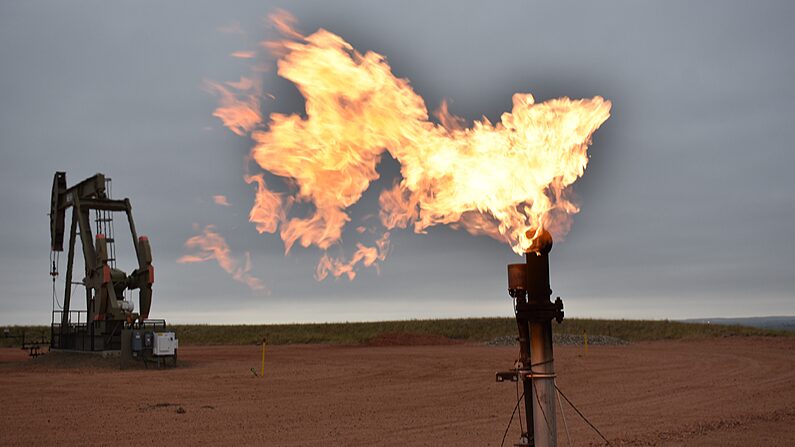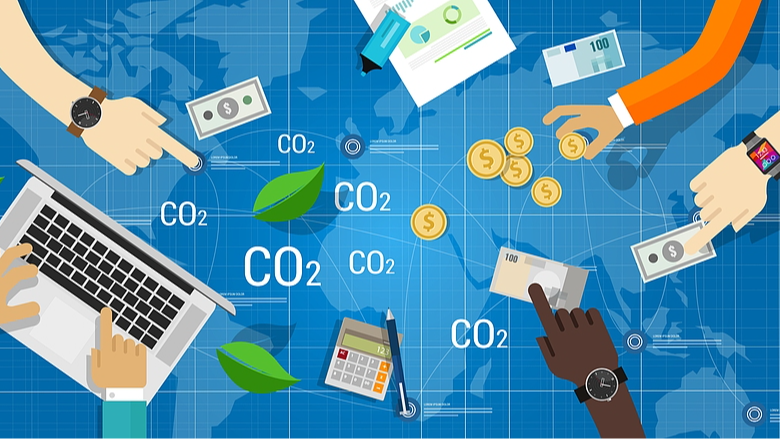As world leaders wrapped up COP29 in Baku this week, one truth cut through the heat: throwing money at climate change isn’t enough. 🌍🔥 While the $100B-a-year pledge for developing nations finally hit its target in 2022, experts warn the real price tag now tops $1.5 trillion annually. 💸 Yet the bigger question remains: How do we turn cash into real change?
🌱⚖️ Climate Inequality’s Stark Divide
Countries in the Global South—think small island nations and farming-dependent regions—face climate disasters they barely caused. 🌪️ Despite contributing less than 4% of historic emissions, they’re battling floods, droughts, and economic traps. COP29’s breakout star? Climate justice. Talks zeroed in on tech sharing, debt relief, and rebuilding trust between nations.
🌳🔋 Nature’s Power & Green Tech Gaps
Forests and wetlands soaked up headlines as VIP climate heroes (shoutout to carbon-storing soil! 🌾). But here’s the plot twist: 85% of clean energy investments in 2023 went to wealthy countries, per UN data. 🚨 Many developing nations risk ‘green debt cycles’—borrowing eco-funds but lacking infrastructure to use them effectively.
💡 Beyond the Money Jar
Key COP29 takeaways?
✅ Systemic fixes > blank checks: Tech transfers and fair trade deals matter as much as cash.
✅ Listen to frontline communities: Farmers and Indigenous groups need mic time in climate plans.
✅ Profit ≠ progress: Investors still prioritize returns over equity, risking \"greenwashing 2.0.\"
As one delegate put it: \"We’re past the era of promises. It’s toolbox time.\" 🔧🌏
Reference(s):
COP29's sobering reminder: Money alone can't address climate crises
cgtn.com


